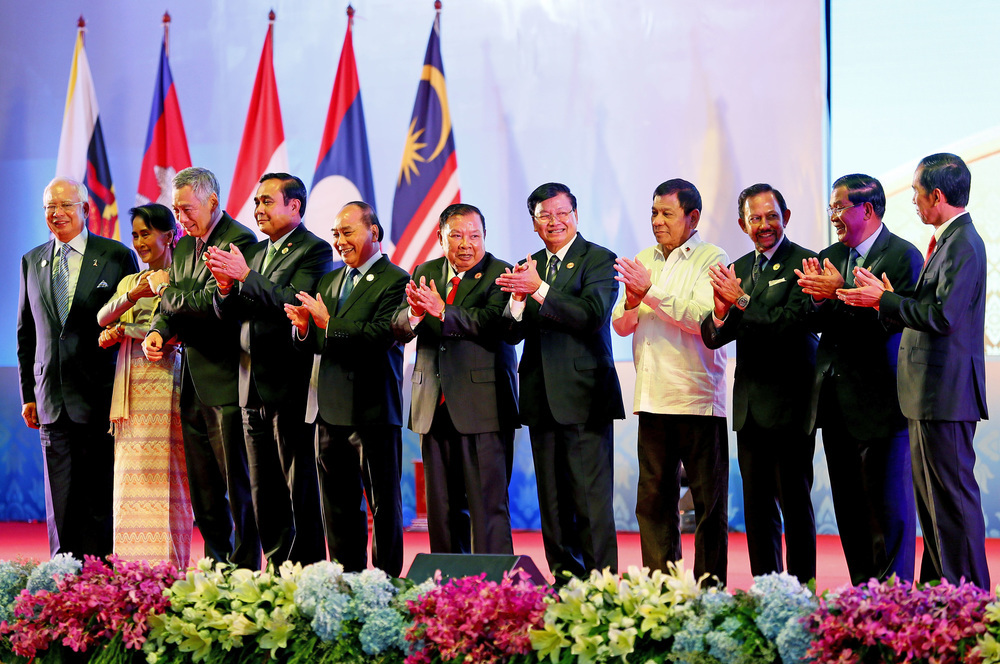This material belongs to: Xinhua.
BEIJING, Nov. 14 (Xinhua) — As international cooperation in anti-corruption broadens, the escape routes for corruption suspects have narrowed.
During the 20th China-ASEAN (the Association of Southeast Asian Nations) (10+1) leaders’ meeting held Monday in Manila, Philippines, a joint statement was issued between the two sides on comprehensively strengthening effective anti-corruption cooperation.
The two sides have agreed to intensify cooperation and assistance in preventing and combating corruption under relevant international conventions, including extradition, mutual legal assistance and the recovery of assets and proceeds of corrupt officials.
They also reached an understanding on cooperation among financial intelligence/authorized units of ASEAN Member States and China in the areas of collection, analysis and sharing of information regarding potential corruption-related money laundering activities.
It is the first time the China-ASEAN leaders’ meeting has issued a joint statement on the topic, and the document is expected to herald a new chapter for joint efforts to fight corruption in the region.
During the 26 years since the establishment of the China-ASEAN dialogue, exchanges between the two sides in trade, funds and people have grown closer.
From 1991 to 2016, bilateral trade volume grew nearly 56-fold while two-way cumulative investment volume rose nearly 355-fold.
China has been ASEAN’s biggest trading partner for eight years, while ASEAN has been China’s third-largest trading partner for six years.
As frequent exchanges may also give rise to a risk of transnational corruption, anti-corruption cooperation between the two sides has become necessary.
China and ASEAN member states enjoy a long history of joint efforts in fighting corruption. As early as 2006, the two sides pledged in a joint statement to cooperate in relevant fields, following a commemorative summit marking the 15th anniversary of the establishment of China-ASEAN dialogue.
According to the Communist Party of China (CPC) Central Commission for Discipline Inspection, to date, China has signed four memorandums of understanding on anti-corruption issues, six extradition treaties and six criminal judicial assistance treaties with ASEAN member states.
Six fugitives on an Interpol “red notice” — a list of the top 100 fugitive corruption suspects wanted by China — have returned from ASEAN member states since the release of the list in 2015.
It is believed that opportunities for corrupt officials to escape punishment will be reduced even further with Monday’s new agreement.
As the first document on international anti-corruption cooperation China has issued since the 19th CPC National Congress, the joint statement once again showed China’s firm attitude and resolve in building momentum and securing a victory in the fight against corruption.
China has been committed to promoting anti-corruption collaboration under international frameworks. From the 2014 APEC meeting in Beijing and last year’s G20 Hangzhou Summit to this year’s Belt and Road Forum for International Cooperation and the ninth BRICS summit, the fight against corruption has consistently been one of the highlights.
In his report to the 19th CPC National Congress last month, Xi Jinping pledged “wherever offenders may flee, they will be brought back and brought to justice.”
Xi’s statement and the country’s recent action have sent a clear message to corrupt officials at home and at large: it is high time to cast aside any illusion and realize they have no way out.
 info@anticorr.media
info@anticorr.media

